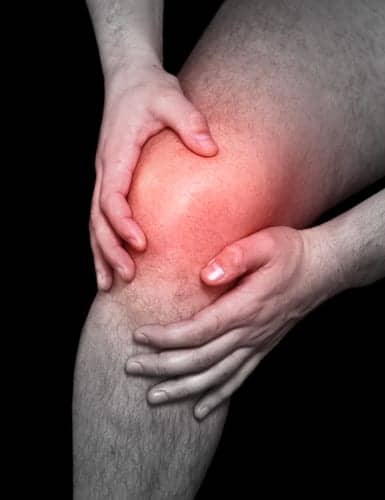
The study, authored by Gregory D. Jay, MD, PhD, department of emergency medicine, appears online in the journal Proceedings of the National Academy of Sciences. Jay notes that, “Patients suffering from this degenerative joint disease either go through a total joint replacement, or are forced to live with pain every day. This discovery, however, supports that adding a lubricin replacement to the fluid in joints may in fact prevent osteoarthritis in those who have a genetic predisposition to the illness, or who have suffered trauma to the joints,” Jay says.
The researchers are also working to create a replacement for natural lubricin with the hope that it will significantly improve treatment options, and ultimately prevention measures for patients with early OA or joint injuries, Jay adds.
Jay goes on to emphasize the importance of the findings, in light of the longer, more active lives of Baby Boomers and the issue of obesity in the US throughout a variety of age groups. “Both excessive weight, and injury to the joints, can lead to osteoarthritis, which results in a more sedentary lifestyle. This discovery supports our ongoing efforts to produce a new therapy to protect cartilage among those with a transient loss of that protection, which places the cartilage at risk,” Jay says.
[Source: Rhode Island Hospital]




